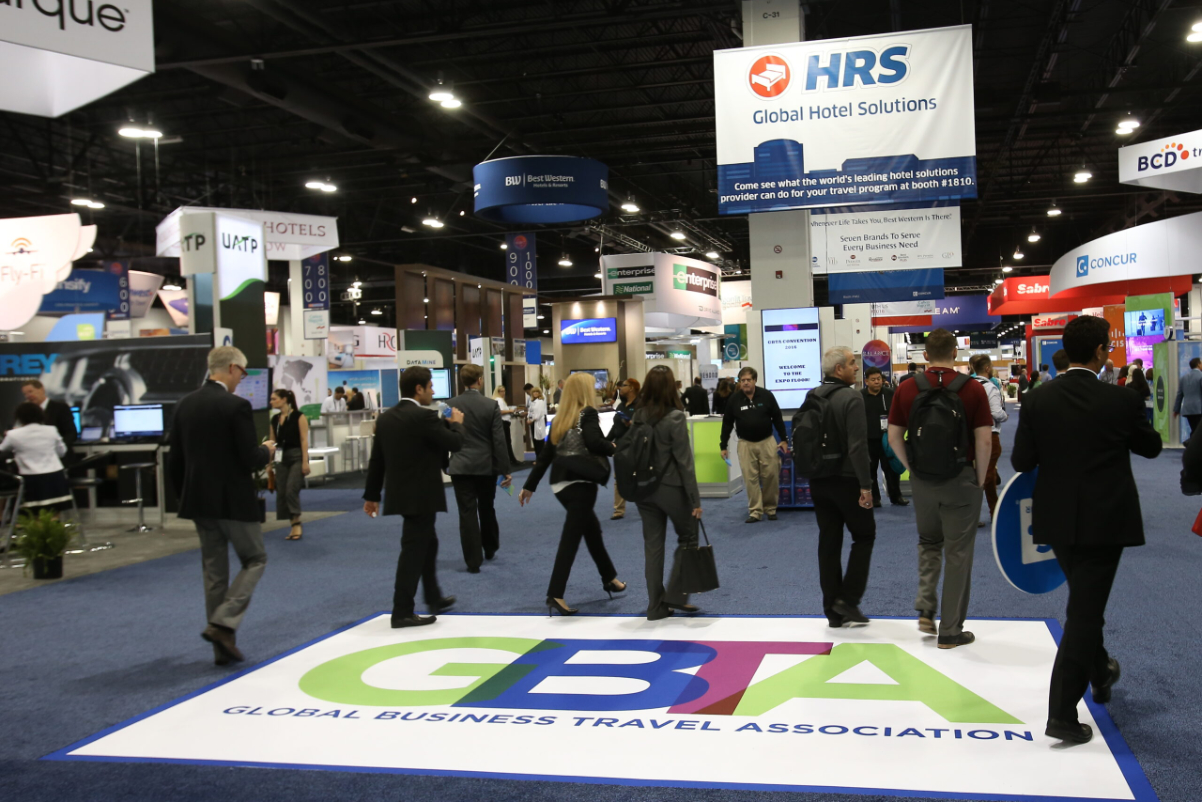Skift Take
— Christiana Sciaudone
Corporate travel spending is on track to reach pre-pandemic levels by the end of this year, but the nature of who is spending looks very different.
“Some companies have cut travel because of interest rates, but the world continues to internationalize and people are more likely to do business with suppliers and customers all around the world, and that is very good for business travel,” Jean-Christophe Taunay-Bucalo, chief operating office at TravelPerk said in an interview this week.
The Barcelona-based business travel management company raised $104 million in a round earlier this year, bringing TravelPerk’s valuation to $1.4 billion.
Small- and medium-sized businesses have slowed corporate travel because of sluggish same-store sales amid sustained inflation and higher interest rates, Amex GBT executives said in a May call. SMBs are tightening their budgets while global multinationals continue to travel, they said. Marriott said in a recent call that business travel in the U.S. and Canada was led by strength in large corporates, while Hilton pointed to better results in small versus large corporates.
The U.S. has proved to be the most resilient market, if often volatile. That’s why TravelPerk, which was founded in Barcelona in 2015, is focusing more than 50% of its investments in the U.S. Its strongest markets are the UK, U.S., Germany, Spain and France.
Is Bleisure Really a Thing?
Corporate travel has been slower to recover compared to leisure travel, demand for which exploded coming out of the pandemic because of pent-up demand and an eagerness to escape after being cooped up for months on end. And while there has been a degree of blending between business and leisure trips, bleisure is not as big of a trend as some expected.
“We do see a little bit of it, but we actually don’t see it as much as we think,” Taunay-Bucalo said.
Part of the reason for that is simple: Not every destination is alluring. Taunay-Bucalo pointed to a big UK restaurant chain that flies people around the country to install kitchens in smaller cities and towns without major attractions.
”They do not want to stay where they are installing the kitchen,” he said.
TravelPerk does offer bleisure options, “but it’s actually pretty small.”
“When we ask customers what they think about it, they’re like, ‘Yeah, it’s nice,’ but the reality is, the large majority of travel is in and out,” Taunay-Bucalo said. “There is a job to be done, and people want to be back home.”
Ultimately, the TravelPerk exec called bleisure more “hype” than reality.
However, other industry figures point to contrary data. A 2024 travel trends report from Mastercard showed longer stays in some cheaper destinations it chalked up to the flexibility of hybrid work.
Plus, the Global Business Travel Association found in its survey of 4,300 business travelers published last year that more than 40% of corporate travelers said they had added some personal days to a business trip.
More Mergers & Acquisitions Likely
Taunay-Bucalo said overcoming the barrier to entry into the corporate travel business is no easy feat, given the need for sweeping global inventory and a well-functioning platform.
“That’s also the reason why you get so much more consolidation in business travel because it has very consistent unit economics [i.e., it’s easy to build scale],” Taunay-Bucalo said. Over the past few years, TravelPerk acquired UK-based Click Travel, risk management startup Albatross, and U.S.-based NexTravel.
“You are adding one [plane] ticket with one ticket, which means that underlying all the technology and contracting and negotiation you have, you can leverage it exponentially,” he said. “There will continue to be consolidation in the business travel market because you have an extremely high barrier to entry with a fundamental product, where the item being sold is a commodity that you can add to.”
Mergers and acquisitions have been making a comeback, even though high interest rates have made deals more costly.
“These deals are maybe appealing, typically, to banks and to private equity in general because of their nature, because you are adding commodity products,” he said.
Amex GBT said earlier this year it would acquire CWT in a $570 million deal, and Corporate Travel Management (CTM) said in a recent earnings call that it will use its strong balance sheet and cash to support acquisitions.
“There now remains a significant opportunity,” CTM executives said in a February earnings call. “We’re good at acquisition, we’re good at finding synergies.”
AI: Because Of Course AI
Artificial intelligence will solve the plumbing problems of travel, primarily for backend complications rather than customer-facing functions.
“AI around trip planning and itinerary, I think it’s nice branding, and we’ll do our own test, and it’s going to be nice and cute, but where there is an incredible gain of productivity that ultimately we can pass on to the traveler is working on the post-booking and the plan being different, so making sure that, for example, in one click, you can modify your trip. That sounds easy, it’s incredibly complex,” he said.
As an example of how TravelPerk is incorporating AI, Tauny-Bucalo noted that they used to have a team of 20 focused solely on managing unsolicited modifications or cancelations from airlines.
The team assessed whether or not the change was significant enough to warrant informing the client and helping them make a change. Now, AI interprets the emails, backed up by two or three actual humans for “each case where AI just couldn’t understand.”
“AI is going to change the world of travel, but not in the way people expect it,” he said.
Photo Credit: A scene from the floor of the Global Business Travel Association’s annual convention.

